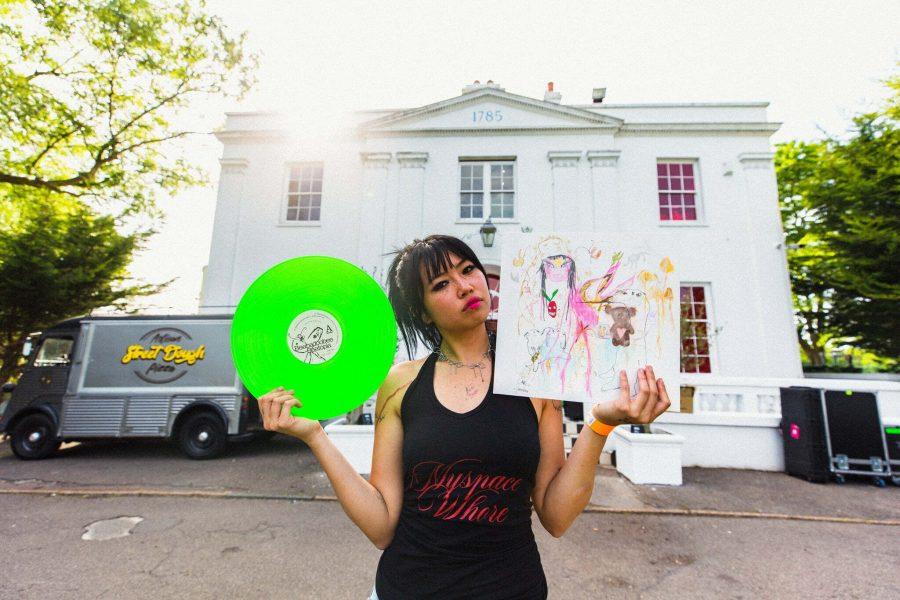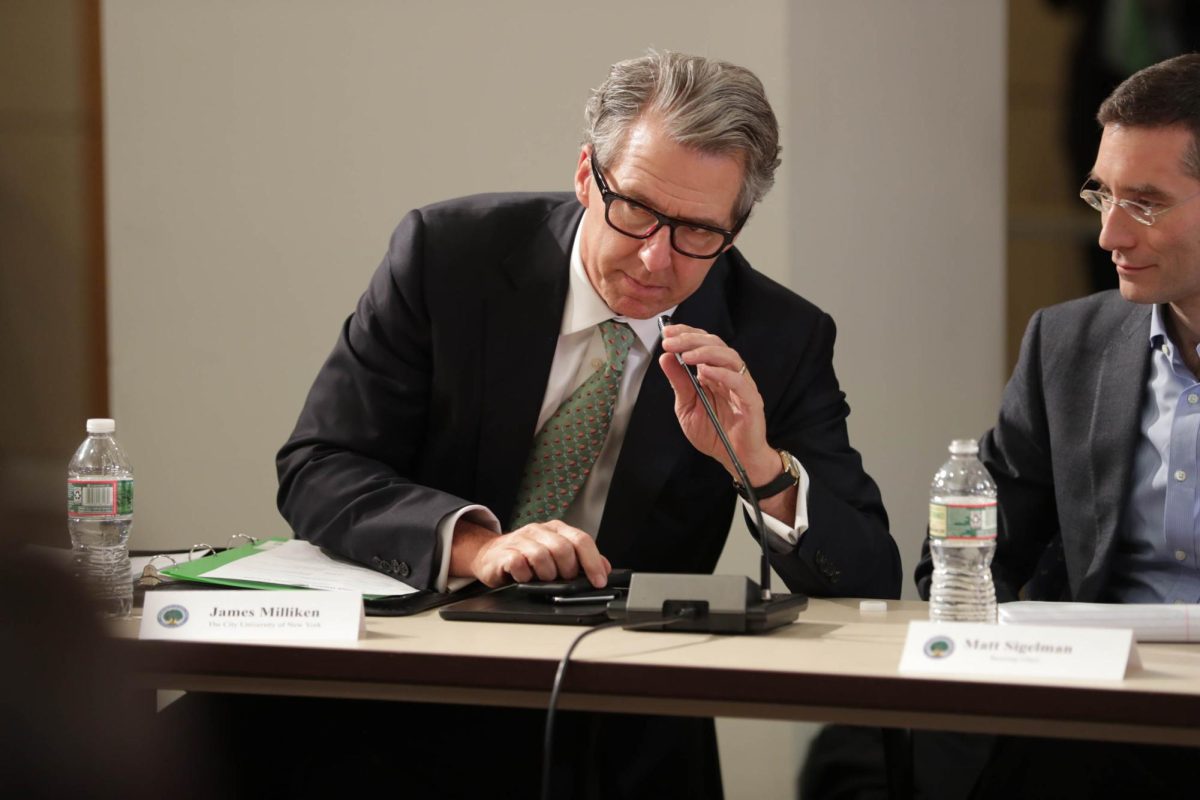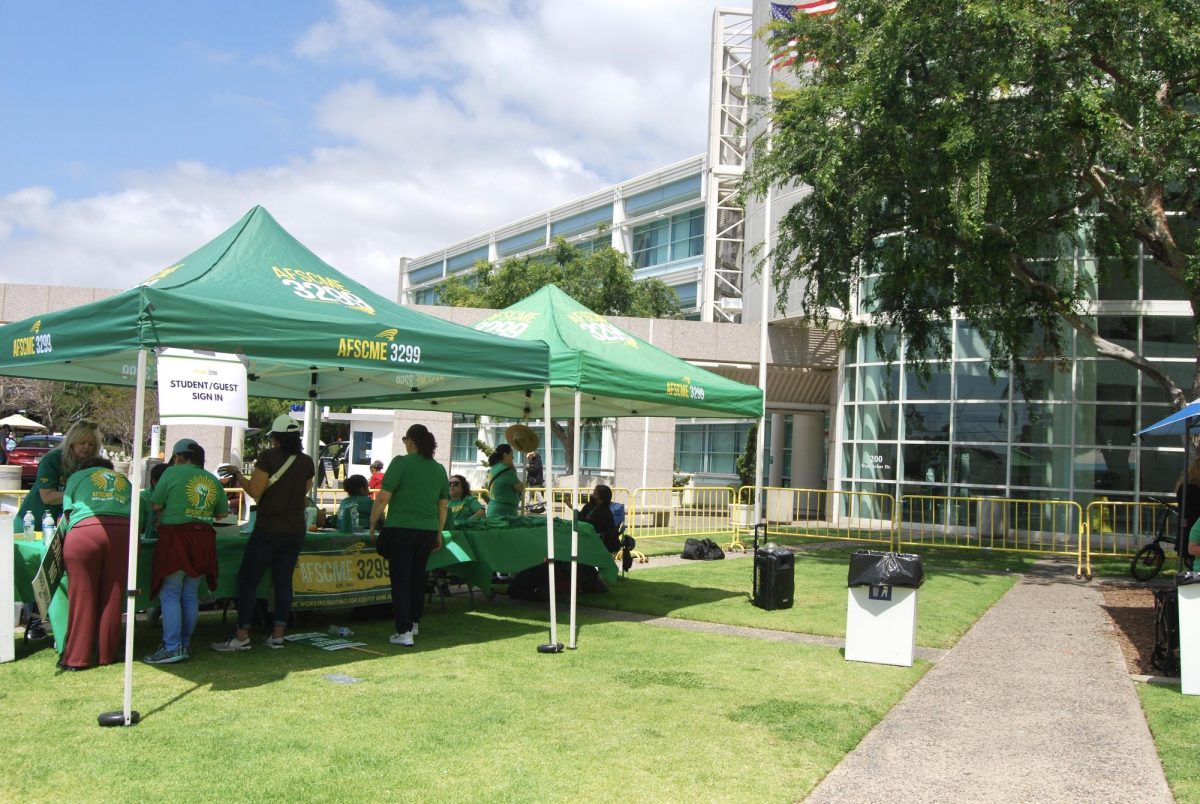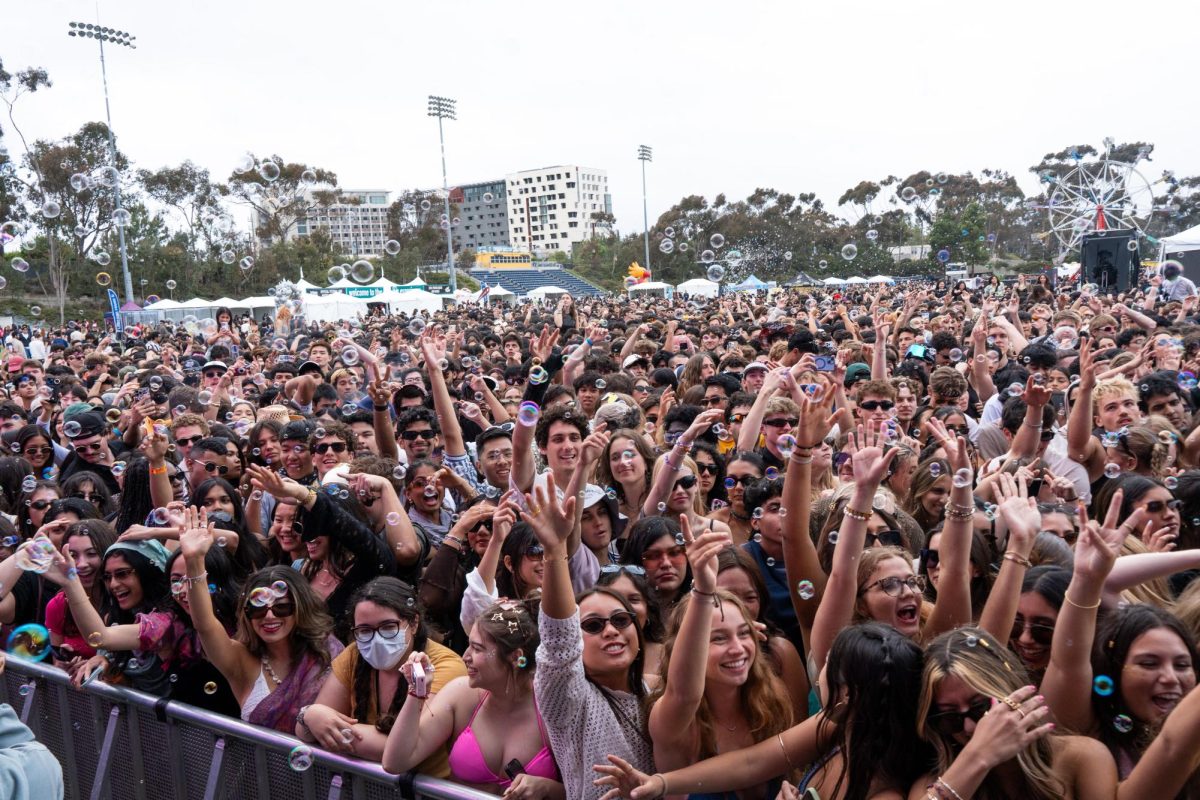Album Review: “Beatopia”
Nov 20, 2022
Through recent collaborative efforts, Beabadoobe’s sophomore album pays homage to her inner child and seems to settle into a softer, shoegaze-influenced sound.
At the beginning of her career, Bea was opposed to collaboration. Everything up to and including her debut album were solo projects that she spent the majority of her time crafting herself. However, her 2021 EP, “Our Extended Play,” was birthed out of a collaboration with Matt Healy and George Daniel of The 1975. Working alongside others, especially people like Healy, allowed her to find an appeal within collaboration. She became more accepting of foreign ideas and appreciated the differing perspectives others could give to her music; ultimately, “Beatopia” is an album that benefits from this collaboration. Healy’s fingerprints are found most notably within the album’s closer, “You’re Here That’s The Thing,” and she credits him for much of “Pictures of Us.” “Beatopia” is marked by others too. Her guitarist Jacob Bugden was instrumental in writing the album and contributes vocals to the back-and-forth duet of “Don’t Get The Deal.” Other voices include PinkPantheress, whose vocals take “Tinkerbell Is Overrated” to new heights and allow Bea to tap into her playful nature. While the collaboration behind “Beatopia” is a new development, the roots of the album go even further back.
“Beatopia” began as a fantasy world Bea created in her youth to keep her occupied in white-dominated classrooms she felt alienated from as a Filipino immigrant. Bea even drew a map and vibrant illustrations to visualize Beatopia, but the illustrations were taken by a teacher who used it as ammunition for her classmates to mock her. Beatopia disappeared after that, and it was only when the COVID-19 lockdown allowed for excessive time for self-discovery, that Bea began to piece together the fantasy word she once sketched. Of course, she can’t recall its intricacies, but the act of simply contemplating its creation and her past ridicule became the creative breakthrough that inspired that project. It’s an album that conveys the heart of her old illustrations, paying tribute to the inner child she is working on healing and stretching this compassion outward to lovers and family.
Love has always been thematically present within Bea’s work. This might seem like an unnecessary observation in the sense that love in various forms is a common thread through most art, but it seems particularly true for Bea. Love songs are hyper present within her catalog — her album “Loveworm” nearly being an entire collection of them — best exemplified when her boyfriend at the time received two song titles to his name: “Soren” and “Horen Sarrison.” Thus, it seems fitting that “Beatopia” has a fair share of love songs, especially since one of its singles is titled “Lovesong.” The song is one of the album’s highlights; with minimal guitar and her delicate voice, she chronicles fleeting thoughts about a lover that blend into every aspect of her life. While she excels at communicating romantic love, she makes an effort to reflect on her love for others. In “Fairy Song,” she lists off reminders of how to live her ideal life, among them is the line, “Speak to your brother / Check he’s okay.” It’s simple and sweet, but sometimes that’s all that is necessary to extend love. And while such lyrics may seem simple, they serve a grand purpose.
Bea admits that her lyricism is not entirely traditional, in the sense that she sees them as vehicles for her melodies rather than for acute storytelling, and these intentions are clear on nearly every track. Her focus is on the emotions she can induce. Among the bubbly chorus of “Sunny Day,” she sings, “I’ll keep you posted / I promise I’m better,” and “I’m sorry for yesterday,” which is enough to capture fleeting feelings of guilt and hope but not enough to structure a true storyline. “Broken CD” is another strong example of her use of lyrics as sonic tools for communicating emotions over ideas. She repeats in a high, soft voice, “Don’t think I’m over it/ Like I always said I was/ Like a broken CD.” The song is a repetition of these lines, and drives home this sentiment of sad, self-realization without any clear images, but eventually leads the listener into a more musically upbeat tone while still keeping the same lyrics. Sometimes things don’t entirely make sense in “Beatopia,” and trying to follow any single idea is futile. Sometimes emotions are blunt and other times whimsical, but collectively they are childlike and serve to honor the escapist little girl inside her.
“Beatopia” is light and fun and blossoms because of the fact that it doesn’t take itself too seriously. It’s her happiest body of work and takes its most emotionally intense moments in stride. It’s a healing album about making peace, Bea finds herself and praises the child who should have been honored for her creativity long ago.
Released: July 2022
Grade: A
Image courtesy of Raydar Magazine















slope io • Dec 13, 2022 at 4:30 pm
I really like the album! It’s very artistic